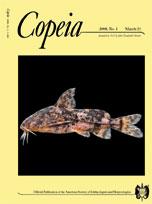We investigated the effects of artificial incubation regimes, experimental temperature, and age on the locomotor performance of New Zealand's only endemic oviparous lizard, Oligosoma suteri. Artificial incubation is often used to produce founders of new populations of endangered reptiles and can have significant effect on juvenile phenotype. Eggs of O. suteri were randomly distributed among three incubation temperatures (18, 22, 26°C). Juvenile (n = 117) maximum sprint speed was measured over three trials at 18, 22, and 26°C, and at one and four months of age, and behaviors during sprinting trials recorded. Sprint speed increased with an increase in experimental temperature and age. After removing the effect of individual size, juveniles incubated at low temperatures (18°C) were slower and exhibited locomotor behaviors likely to be detrimental for their survival (running towards stimulus). Individuals were consistently fast (or slow) at any given age or experimental temperature. Our data suggest that O. suteri incubated at warmer temperatures may have higher survival when released to the wild.
How to translate text using browser tools
21 February 2008
Low Incubation Temperatures Negatively Influence Locomotor Performance and Behavior of the Nocturnal Lizard Oligosoma Suteri (Lacertidae: Scincidae)
Kelly M. Hare,
Shirley Pledger,
Charles H. Daugherty
ACCESS THE FULL ARTICLE





